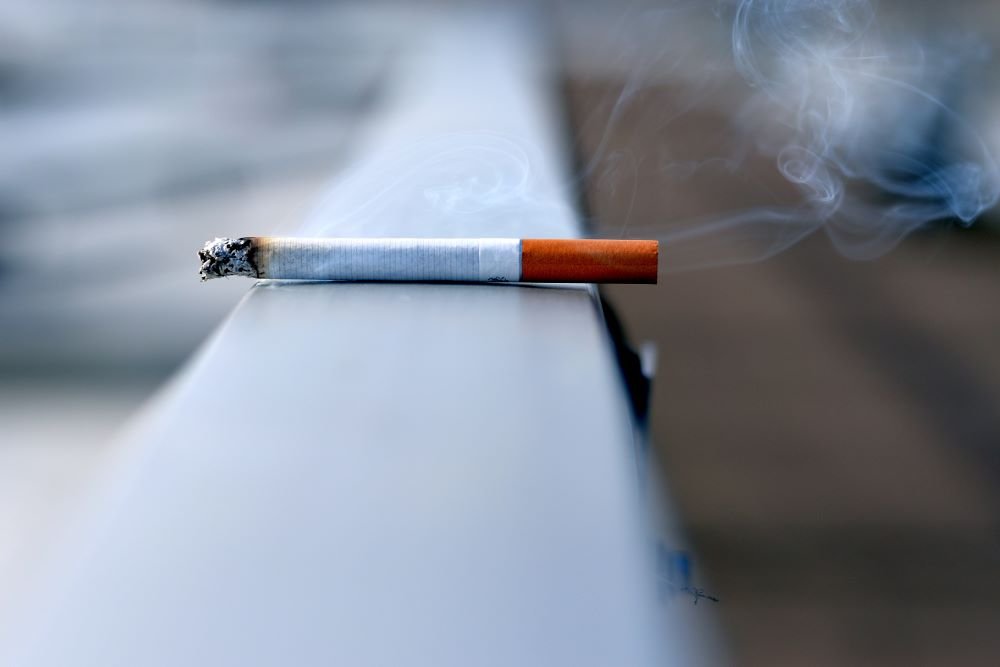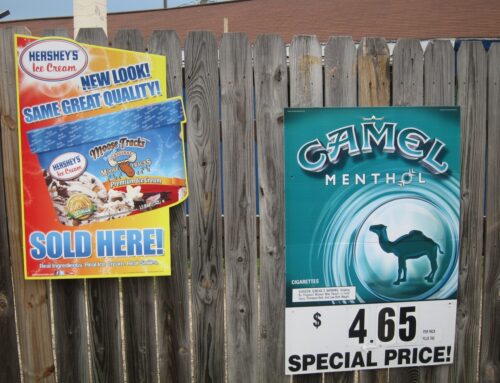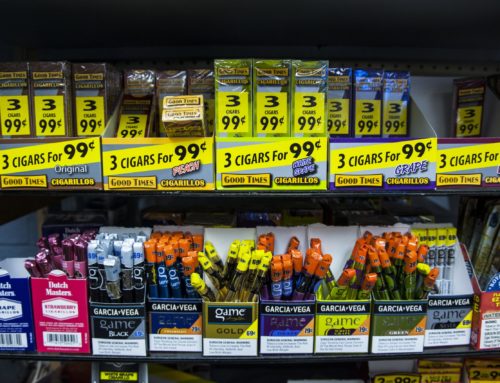The minimum age for tobacco sales has been raised federally from 18 to 21. How will the new law be implemented and enforced effectively and equitably?
On December 20, 2019, federal legislation was signed into law raising the minimum legal sales age for tobacco from 18 to 21 nationwide. The FDA has stated on their website that “It is now illegal for a retailer to sell any product – including cigarettes, cigars, and e-cigarettes – to anyone under 21. FDA will provide additional details on this issue as they become available.” The FDA must publish a final rule updating its current regulations to implement and enforce the rule within 180 days. This is a positive step forward for tobacco use prevention and is the result of the hard work of advocates around the country and grassroots efforts at the local and state level. At the time of enactment of the federal law, 19 states and over 530 cities and counties across the country had passed their own “Tobacco 21” laws.
“Tobacco 21” policies are a way to keep harmful, addictive products – like cigarettes, cigars, and electronic nicotine systems – out of the reach of young people, whose developing brains are being wired with lifelong habits. According to the National Survey on Drug Use and Health, over 80% of adults who still smoke got started before they turned 18, and nearly 95% started before age 21.[1] Many of the states that have increased the minimum legal sales age to 21 have seen fewer young adults become smokers as a result. Raising the minimum legal sale age to 21, along with proven tobacco control strategies, can help prevent youth tobacco use.
However, in order to be effective, any law must be properly enforced. The new federal law presents an opportunity for states and localities to pass or strengthen their own age of sale laws with stringent enforcement requirements that ensure retailers are following the law. Read more about strong enforcement practices here. In particular, for states that lack licensing requirements for tobacco retailers, this presents an opportunity to implement licensing and permit localities to do the same. Licensing allows governmental agencies to keep track of who is selling tobacco, ensure that they are following age of sale and other point-of-sale laws with the threat of license suspension and/or revocation for repeated violations, and has been shown to reduce sales to minors as well as reduce youth use and initiation of both cigarettes and e-cigarettes. Learn more about licensing and zoning here.
The new Tobacco 21 law must also be implemented and enforced equitably. In particular, this is an opportunity for states and localities to update the language in their youth prevention laws to remove ineffective purchase, use, and possession provisions that may be inequitably enforced against youth of color and ensure that the tobacco industry and retailers are held accountable instead of punishing youth who are the victims of Big Tobacco’s targeted marketing and products designed to addict.
This is also a time for vigilance against preemption. Many existing state youth access laws that are weak, unenforceable, and/or preemptive were put into place when states were required to set the minimum legal sales age to 18 as part of the Synar amendment. While this new federal Tobacco 21 law does not require states to update their own laws, many may choose to do so, and tobacco companies will likely try to influence that process. The federal Tobacco 21 policy enjoyed the support of Big Tobacco companies, who may be hoping that this will squash or delay efforts to pass additional needed tobacco prevention policies, such as removing menthol and all other flavored tobacco products from the market.
While a higher minimum legal sales age is a major step forward for tobacco control across the US, it is important to remember that this is one piece of the puzzle to limit youth access to tobacco exposure and the effects of tobacco marketing. Advocates must continue to push for other best practices and evidence-based strategies, including raising the price of deadly tobacco products and comprehensive flavor bans.





